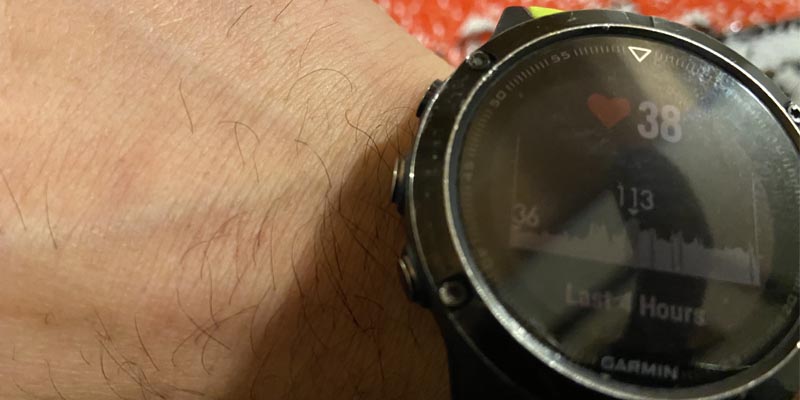What is the significance of having a low resting heart rate?
A lower resting heart rate is better when it comes to your health. It's a sign your heart is working well. When it's lower, your heart pumps more blood with each contraction and easily keeps a regular beat. On the flip side, a high resting heart rate may mean your heart works extra hard to pump blood.
Medical experts also agree that a lower resting heart rate can indicate more efficient heart function and cardiovascular fitness, as highly conditioned athletes typically have a resting heart rate of 40 to 60 bpm. RHR changes with age…
Start implementing these 4 areas:
1. Check your resting heart rate a few times per week and at different times of the day.
Keep in mind that the number can be influenced by many factors, including stress and anxiety, circulating hormones, and medications such as certain antidepressants and some blood pressure drugs.
Talk with your doctor if your resting heart rate is regularly on the high end. There are ways to lower it and keep it within its proper range. One example is keeping your cholesterol levels in check. High levels restrict blood flow through the arteries and damage blood vessels, which can make your heart beat faster than normal to move blood through the body.
2. Another reliable way to lower your resting heart rate is to exercise.
Even small amounts of exercise can make a change…
However, the intensity of the exercise is key. One study that involved 55-year-old adults found that just one hour per week of high-intensity aerobic training (about 66% of maximum effort) lowered RHR more efficiently than a low-intensity effort (33% of max effort). Do your best to reach at least 3 days a week for the best results.
3. Fast-track your results with less stress from the inside out and lower your resting heart rate.
To do this combine the above with one day of low aerobic training measuring from 64-68% of your max heart at least one day a week.You will want to start with 20-30min but work your way up closer to 2 hours by 5 minutes EVERY TIME you do another aerobic day. Do NOT just accomplish 2 hours of aerobic training…
This will help to build vents within your capillaries allowing your body to breathe better- efficient and effective!
Lastly #4: Proper Programming & Timing
If you do a hard workout program one day, the next day should be an aerobic day, with a couple of days of rest through the week. Get with a professional to meet your exact needs.
Do it and watch what happens- enjoy!




